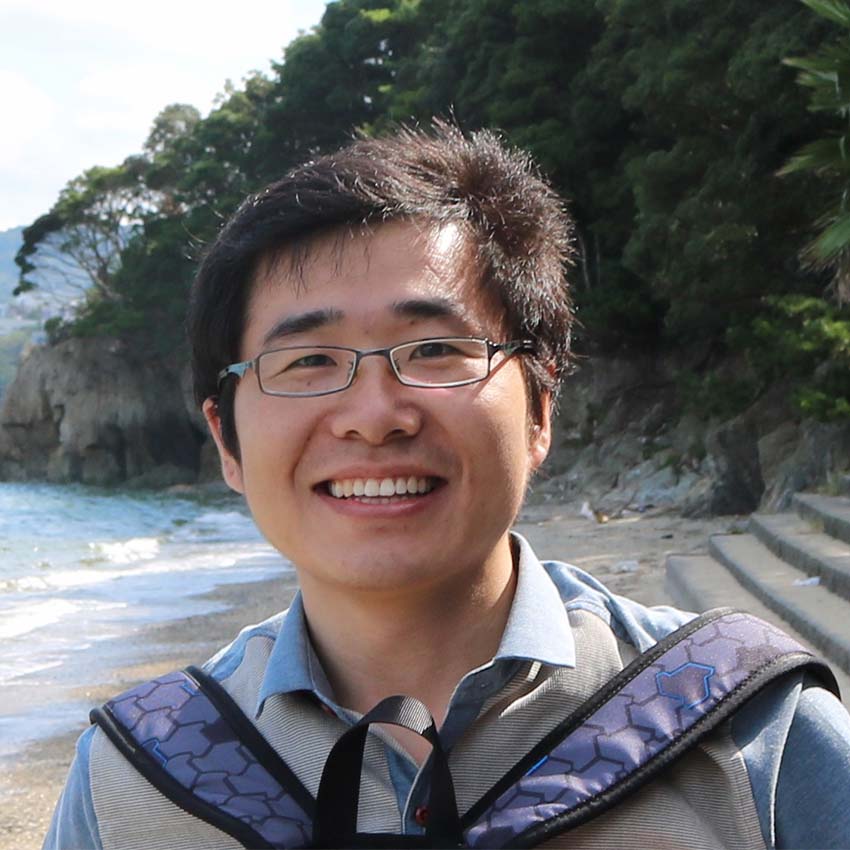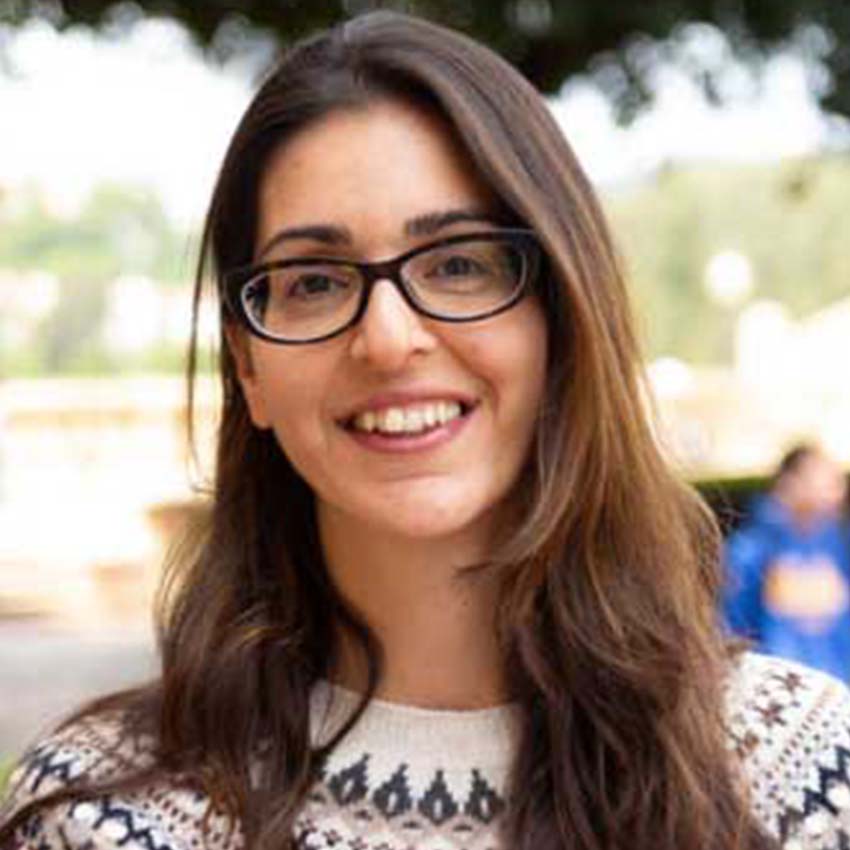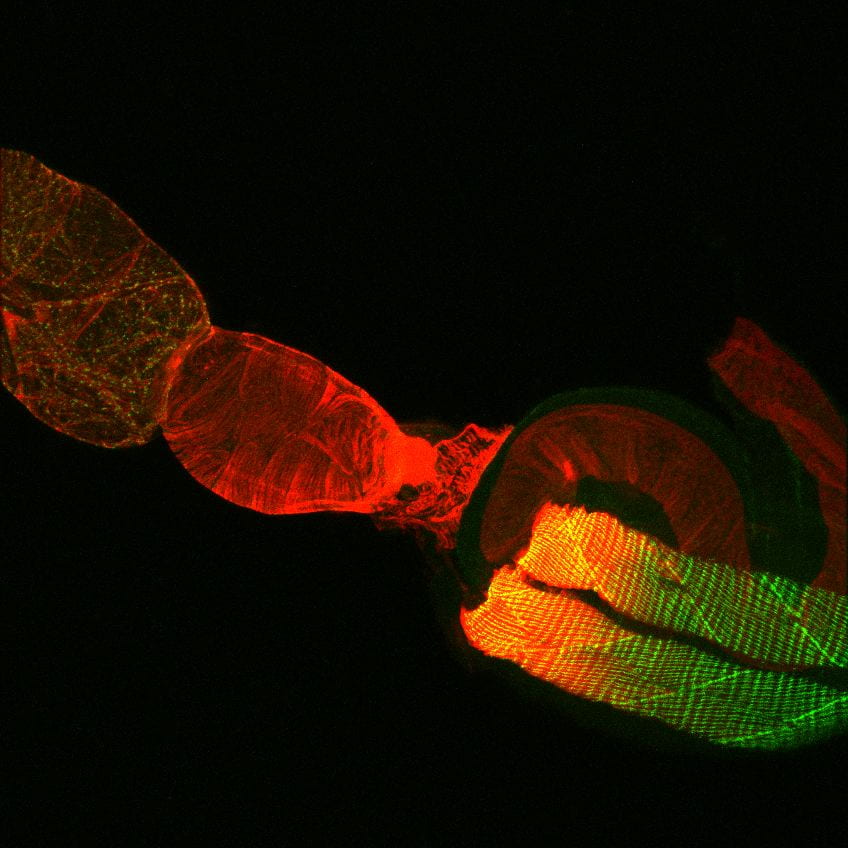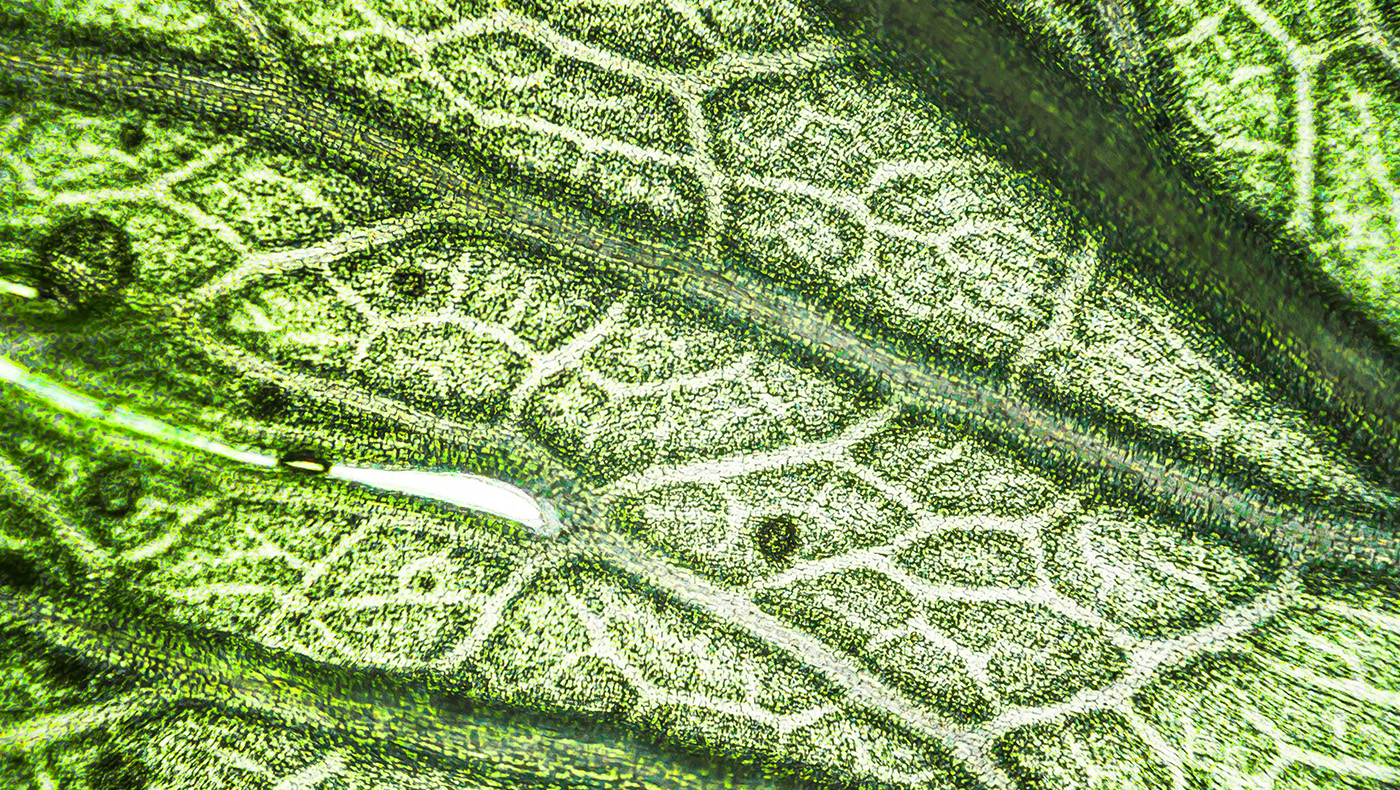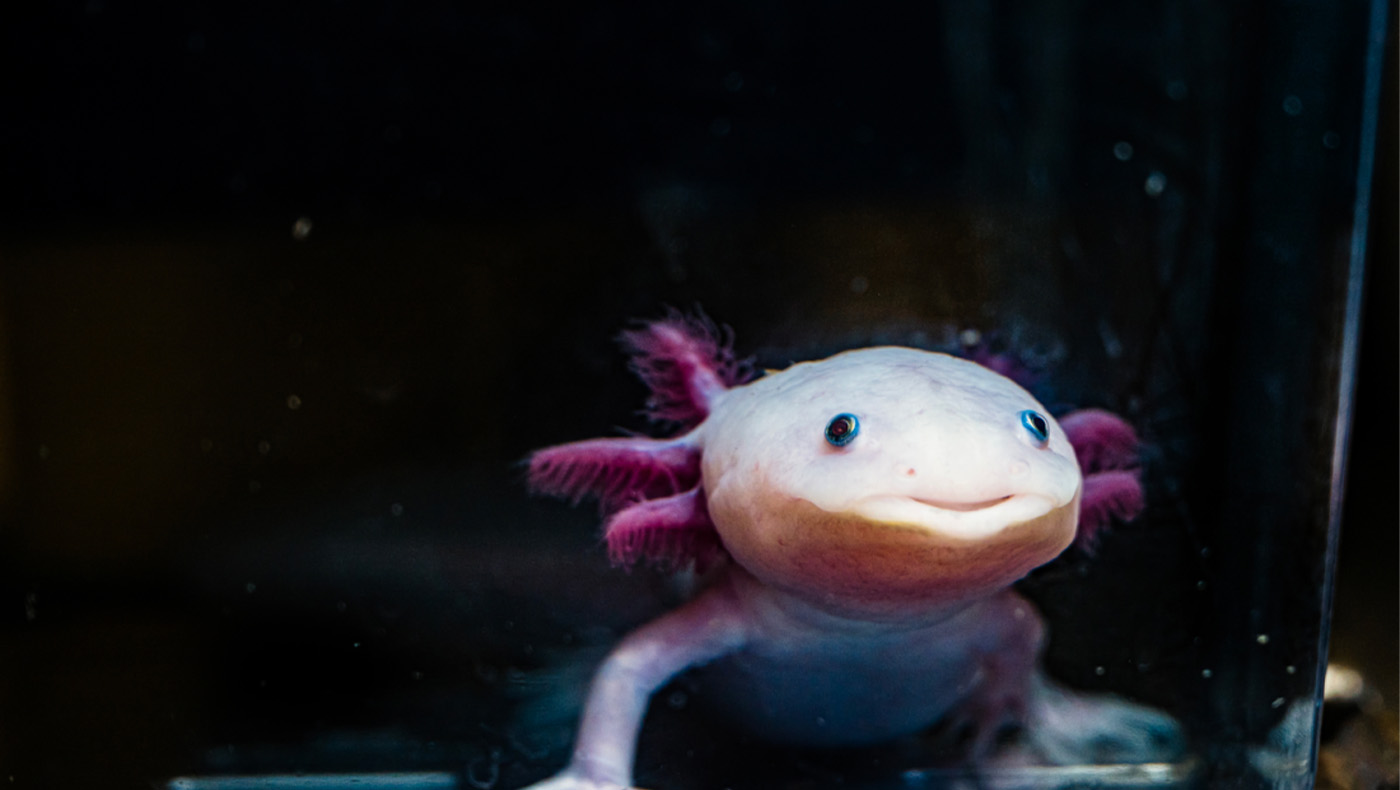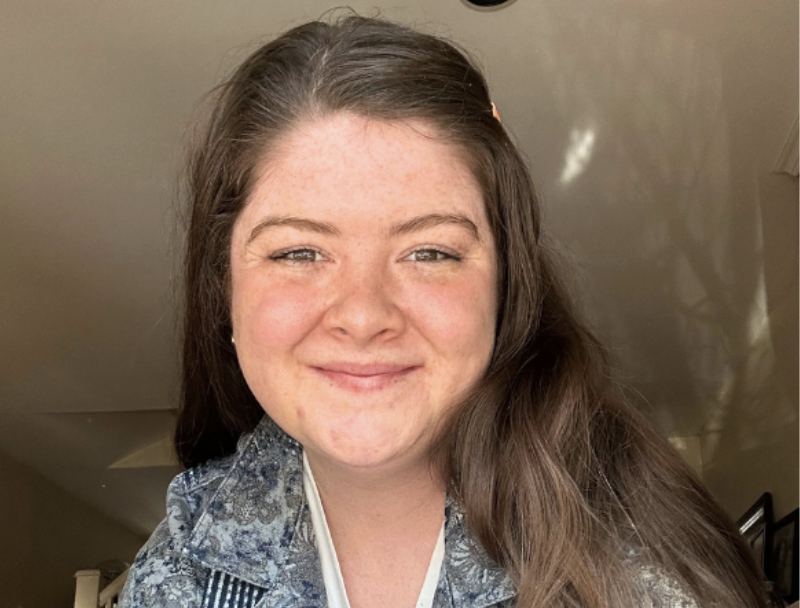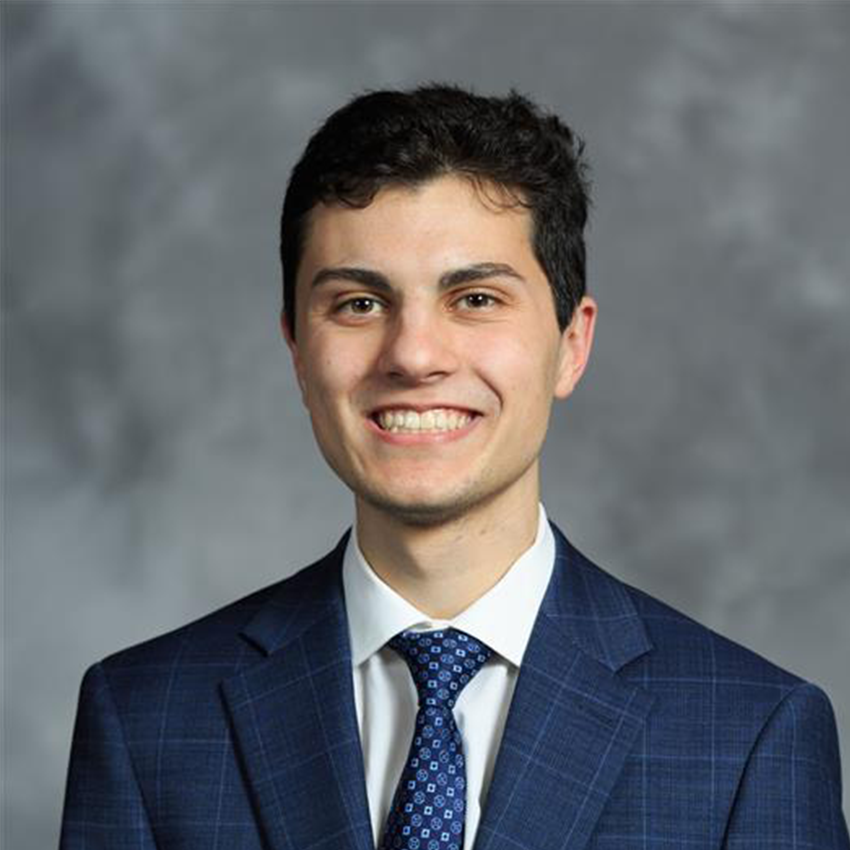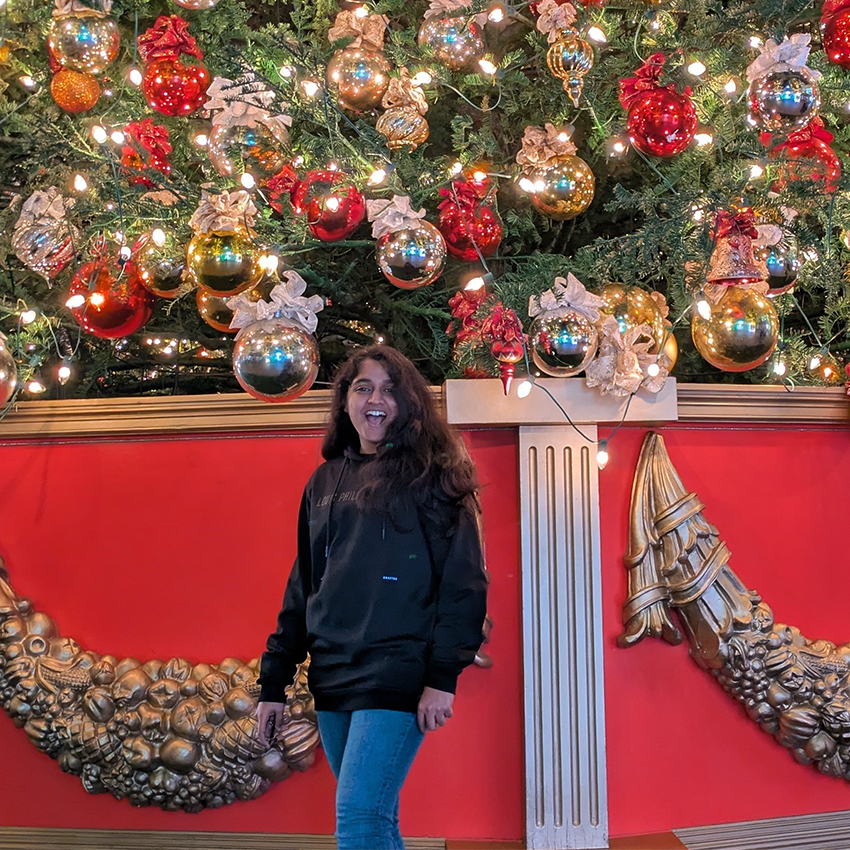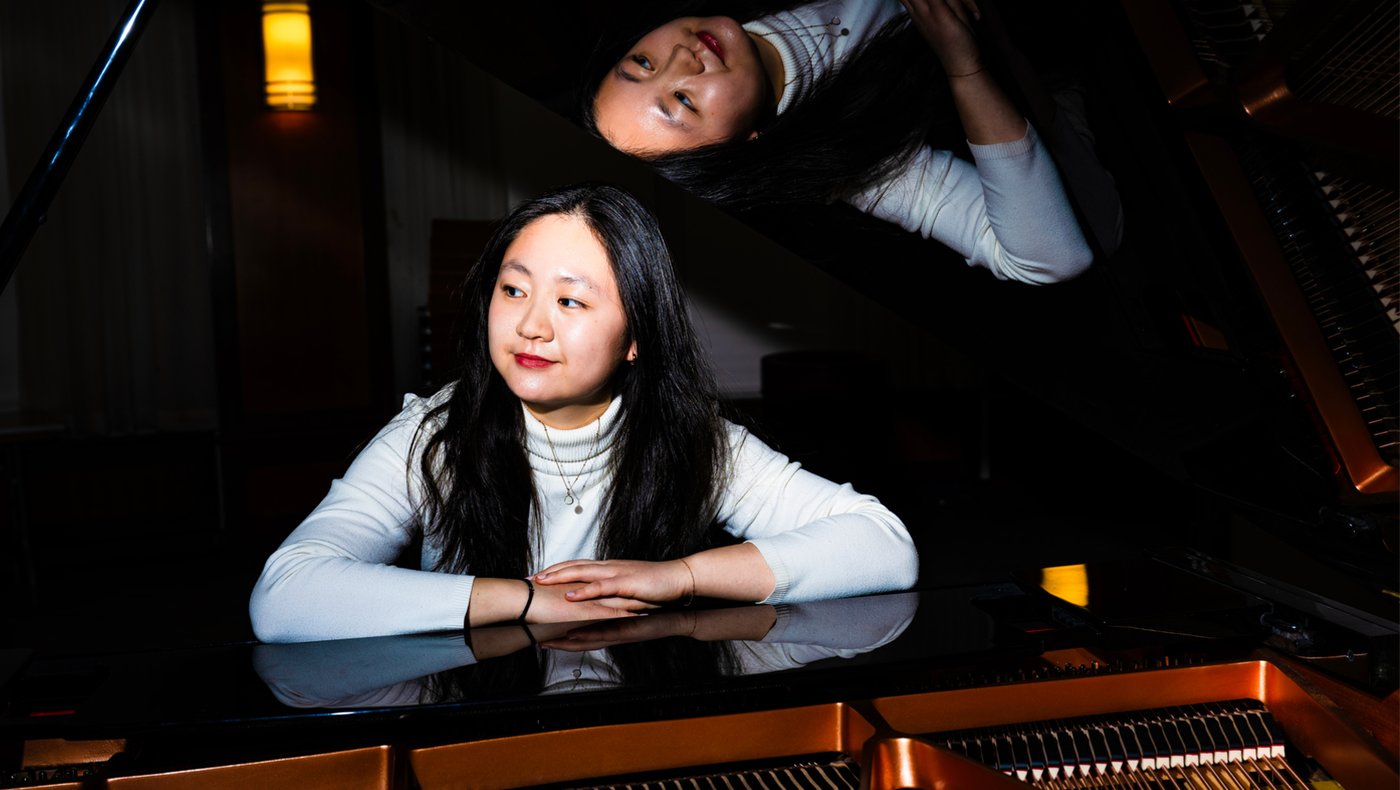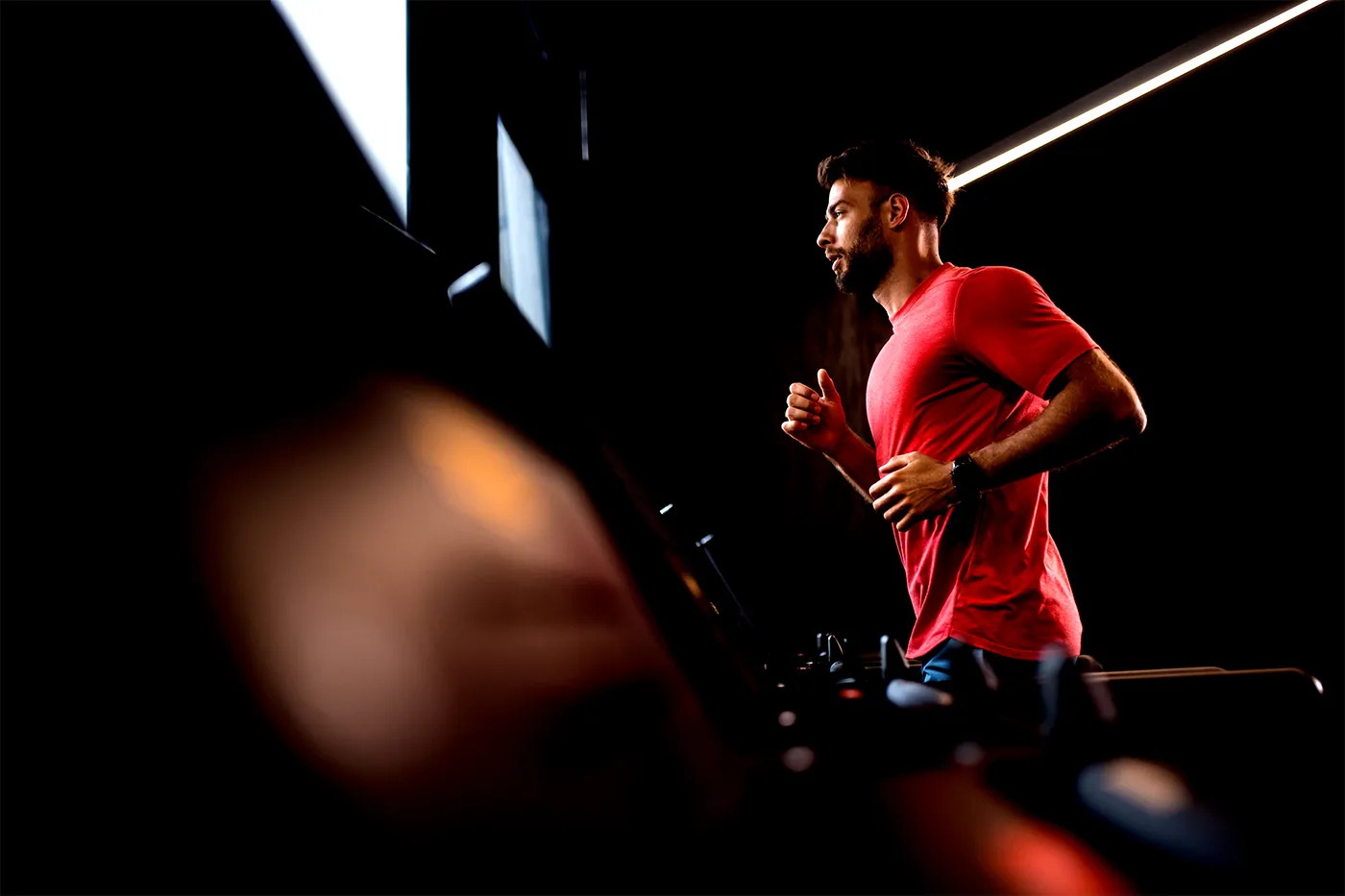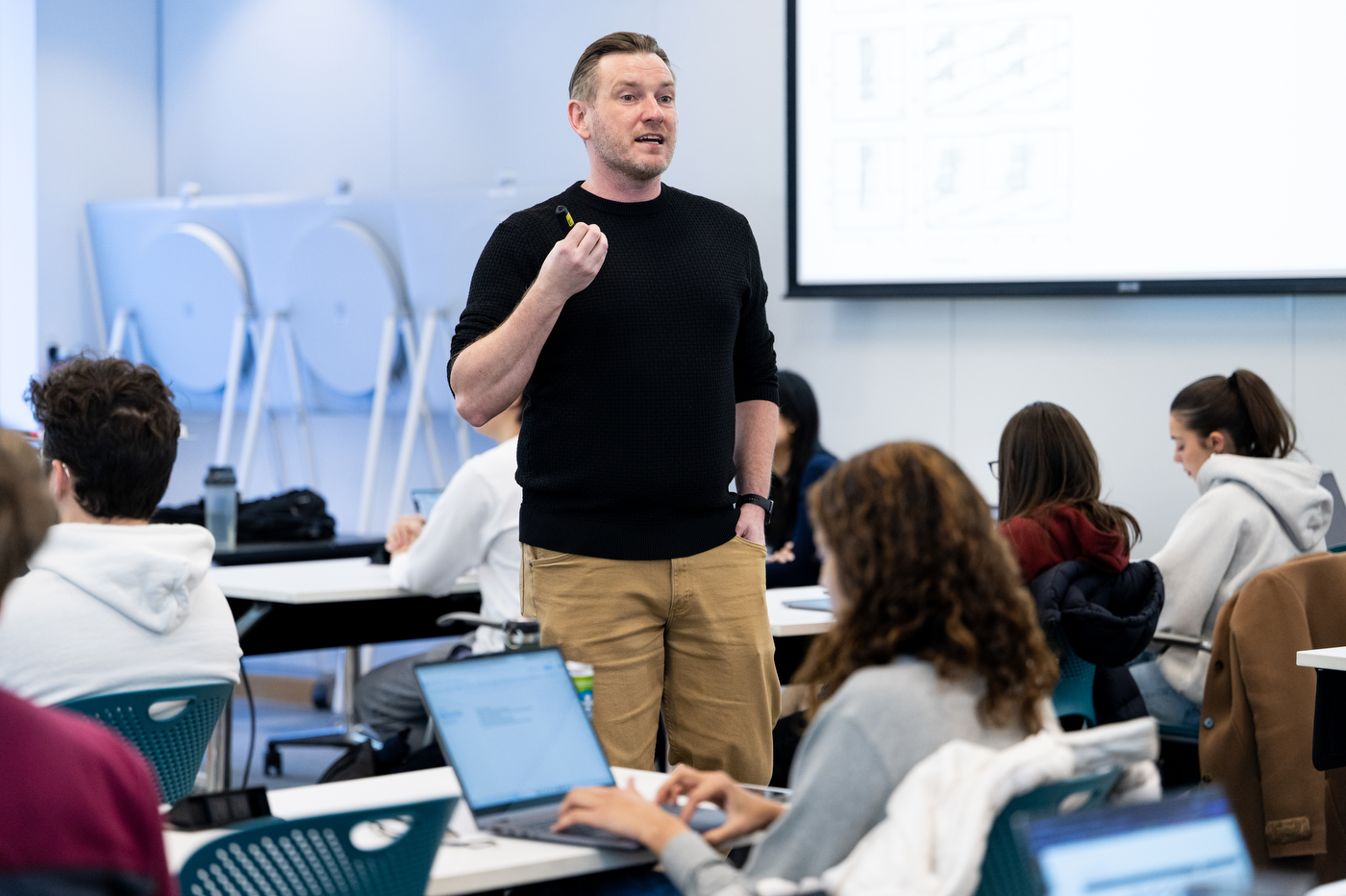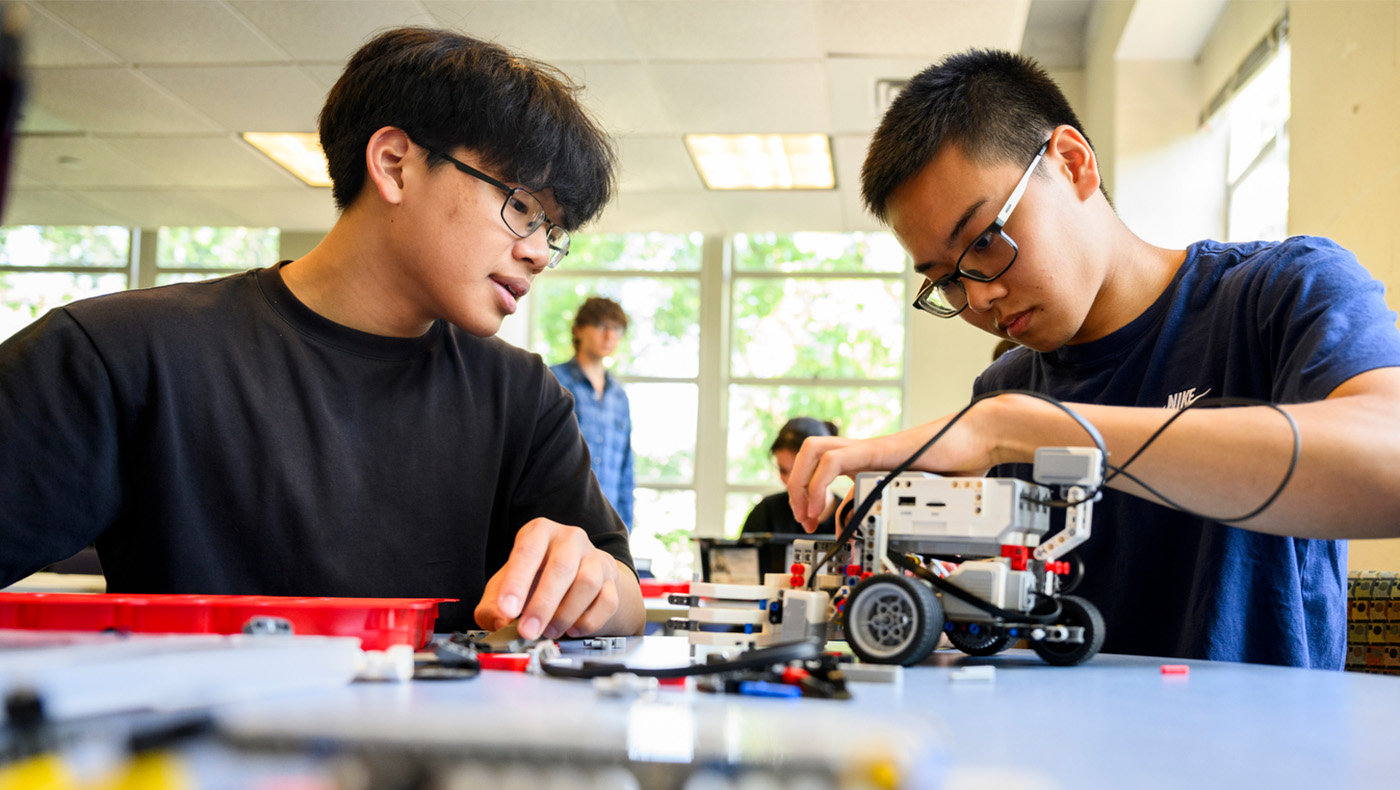
Biology
The science of the 21st century will fundamentally change the concept of life. Yet as complex as life has become, it all started with a single cell.
The College of Science Biology program provides students with a broad understanding of the biological organization and processes of life, from molecules and cells through tissues and organs, to populations, ecosystems, and evolution.

Research in Biology
Faculty Labs and Research
Our scientific expertise spans the realm of biological sciences to drive advances in medicine and healthcare, biotechnology, education, and public policy.
Student Research Opportunities
Through research, our students develop a practical expertise and intellectual passion for their chosen field.
Undergraduate Research
- Biology Summer Research Experiences
- Life Sciences at the University of Dundee (Scotland)
- Life Sciences in Action at The American College of Thessaloniki (Greece)
Postdoctoral Training Program
The Postdoctoral Research Program in the College of Science is personalized for each postdoctoral researcher’s needs and aspirations. In addition to rich research experiences with our faculty members, our postdocs have comprehensive professional development support for a variety of career paths.
Research Areas
Interested in working with us?
Biology Education
Undergraduate Majors
Biology majors explore the organization and processes of life across broad areas of the field, from molecules and cells through organs and organ systems to populations, ecosystems, and evolution.
Cell and molecular biology majors pursue a focused program of study emphasizing processes operating at the cellular and molecular levels of biological systems, including specialty courses in molecular cell biology and advanced genomics.
Combined Majors
In this combined major, the fields of biology and English are bridged with course work in different forms of science writing, as well as psychology and sociology courses exploring the acquisition of language and reading, the sociology of health and illness, and the environment, technology, and society.
In the combined biology and mathematics degree program, the two fields are integrated in a range of course offerings including bioinformatics, applied statistics, advanced genomics, and biological imaging.
In the combined biology and political science degree program, an appreciation of the intersection of the two fields is provided through advanced courses in science, technology and public policy, and in environmental politics and policy.
The computer science and biology combined major reflects how research in biology, especially genetics, has become a computational science.
The data science and biology major provides a strong foundation in biology, chemistry, and mathematics, as well as software development and algorithms.
Undergraduate Minors
The Department of Biology offers a minor in biology, which involves taking five biology courses, two of which must have a corequisite lab, and one science course chosen from a range of science departments.
The Department of Biology offers a minor in cell and molecular biology, which involves taking five biology courses, two of which must have a co-requisite lab. The minor provides students with a foundation in biology and an emphasis in cell and molecular biology.
This interdisciplinary science writing minor offers students a contextual understanding of how the language of science is applied and manipulated to influence the reader.
MS Degree Programs
The MS in Bioinformatics program provides students with core knowledge in bioinformatics programming, integrating knowledge from the biological, computational, and mathematical disciplines.
Biotechnology students receive didactic and practical knowledge in genomics, proteomics, and other bioanalytical approaches in drug discovery, development, and delivery, as well as in bioprocess development and optimization.
This innovative nonthesis degree program prepares students for the evolving field of cell and gene therapy medicine through a combination of expert-led interdisciplinary training in advanced therapies and in-demand skills development critical for career success.
Graduate Certificate Programs
The Graduate Certificate in Bioinformatics seeks to provide students with core knowledge in bioinformatics programming, integrating knowledge from the biological, computational, and mathematical disciplines.
Students will explore in detail the key genomic technologies and computational approaches that are driving advances in prognostics, diagnostics, and treatment, learning how scientists sequence, assemble, and analyze the function and structure of genomes.
Accelerated Programs
Our BS/MS PlusOne programs and Accelerated PhD program allow students to pursue advanced degrees in a condensed period of time.
The MS in Bioinformatics program provides students with core knowledge in bioinformatics programming, integrating knowledge from the biological, computational, and mathematical disciplines.
Biotechnology students receive didactic and practical knowledge in genomics, proteomics, and other bioanalytical approaches in drug discovery, development, and delivery, as well as in bioprocess development and optimization.
This innovative nonthesis degree program prepares students for the evolving field of cell and gene therapy medicine through a combination of expert-led interdisciplinary training in advanced therapies and in-demand skills development critical for career success.
The biology PhD program seeks to provide a broad background knowledge base in conjunction with in-depth study of a specialized area of biology. Two optional concentrations are available: cell and molecular biology and molecular microbiology.
PhD Programs
Doctoral candidates gain a broad background knowledge-base and an in-depth study of specialized areas of biology including cell, developmental and regenerative biology, biomechanics, and neurobiology and behavior. Students can choose to pursue a concentration in cell and molecular biology or molecular biology.
This cross-disciplinary program in biophysics bridges the fields of physics, biology, and chemistry to explore living systems with a focus on the interactions of energy and matter across all scales of biological organization—from molecular to organismal levels.
Through the Connected Science Community PhD program, students have the opportunity to participate in the Summer Skills Session the summer before their first year to meet fellow PhD students, develop key skills, explore university resources and learn about post-PhD careers.
Explore interdisciplinary undergraduate programs
PreMed and PreHealth Track
Our PreMed and PreHealth Advising program offers personalized expertise to students pursuing health careers. This comprehensive program includes application guidance, workshops and presentations, course mapping and more.
Experiential Learning
-
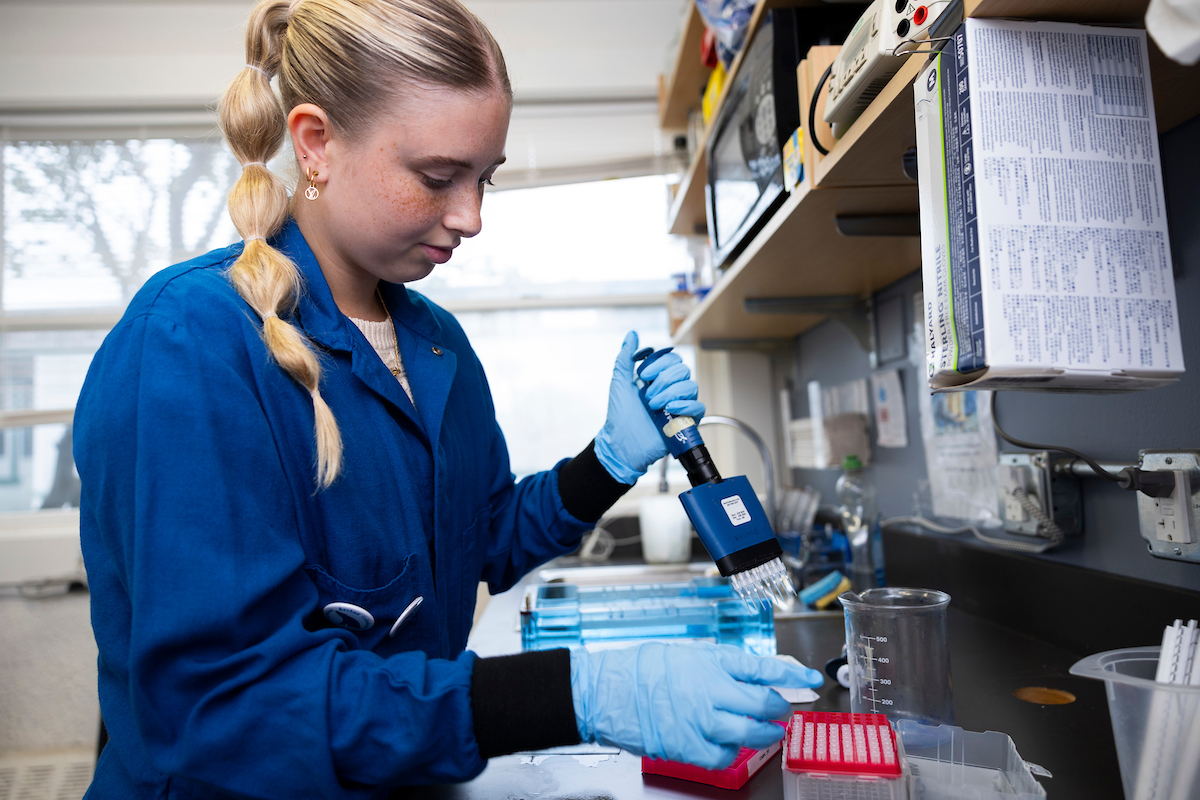
Cooperative Education
Our signature co-op program makes a Northeastern education more meaningful. With a combination of academics and field experience, students gain a deeper, real-world perspective while they explore career paths and prepare for the global workforce or graduate studies.
-
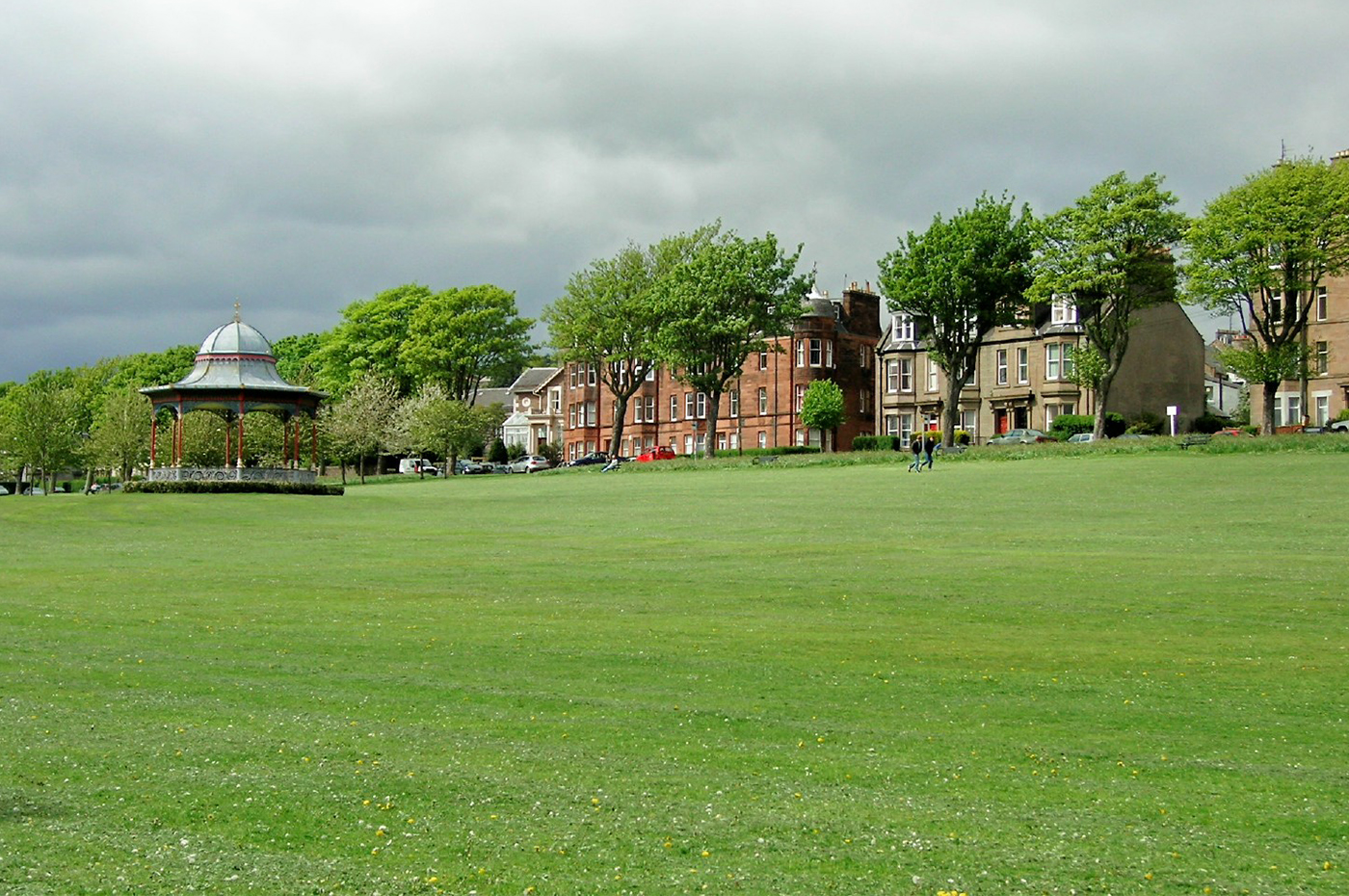
Global Experiences
Northeastern’s biology, cell and molecular biology, behavioral neuroscience, and biochemistry students have the opportunity to study at the University of Dundee, Scotland — the No. 1 rated Life Sciences university in the UK. This program also provides the opportunity to engage in hands-on research at one of the world’s emerging centers for biomedical research.
-

Entrepreneurship
Our Science Connects to Innovation Program empowers undergraduate science students through education, resources, and networks to create entrepreneurial solutions—spanning cleaner energy, eco-friendly pesticides, potential anticancer compounds, sustainable foods, and high-tech assistive devices.
Ready to apply?
Belonging and Engagement
The College of Science supports a culture where each person feels they belong, regardless of race, color, religion, religious creed, genetic information, sex, gender, gender identity, sexual orientation, age, national origin, ancestry, veteran or disability status. We celebrate the diversity of our community, and we seek to create a space where everyone belongs to further excellence. We commit to being a College where members act with respect, trust, collaboration, and communication, and where inappropriate behavior is reported and acted on without fear of retaliation.
Student Stories
Upcoming Events
-
Mar 12
-
Mar 17
-
Mar 18
-
Apr 8
Biology in the News
Contact Us
360 Huntington Avenue
Boston, MA 02115
617.373.2260
